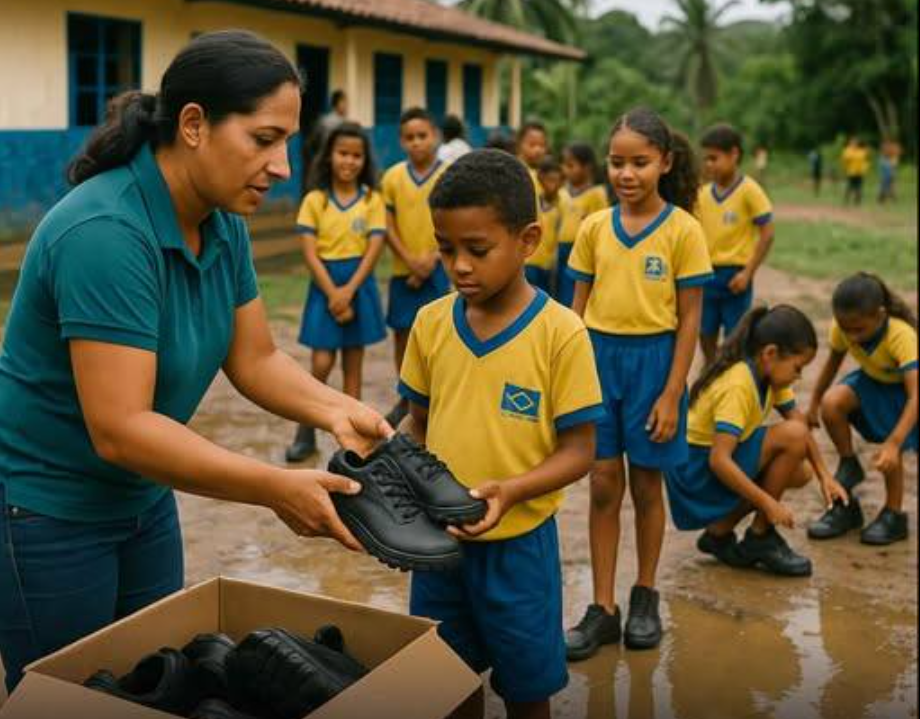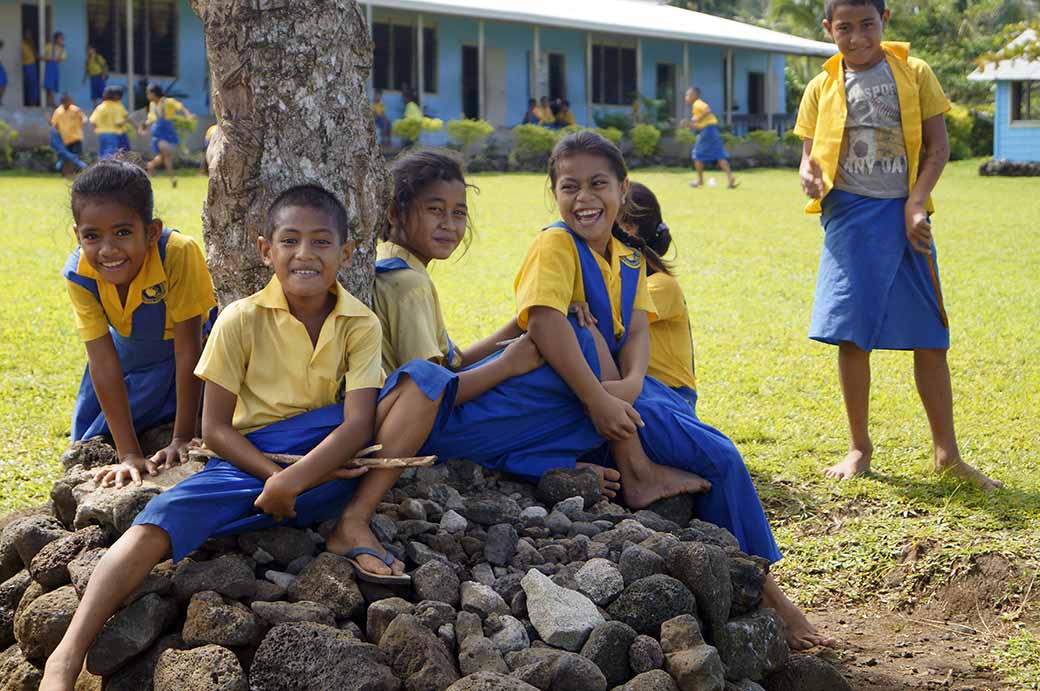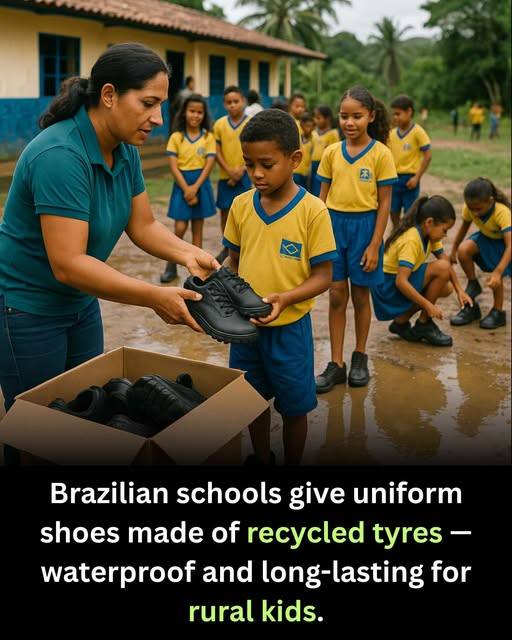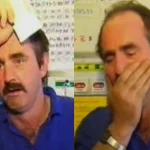Walking Toward a Better Future: Brazil’s Recycled Tyre School Shoes

In the rural regions of Brazil, where children often walk miles through difficult terrain just to attend school, a powerful and practical innovation is making a real difference. Schools have begun providing students with durable shoes made from recycled tyres — a creative solution that transforms environmental waste into a tool for empowerment. These sturdy, waterproof shoes are specifically designed to withstand the muddy, uneven paths many children face each day. By protecting their feet and supporting their journeys, these shoes offer more than just physical comfort — they provide hope, dignity, and equal access to education.

The brilliance of this initiative lies in its use of materials that would otherwise harm the planet. Old vehicle tyres, once destined for landfills or illegal burning, are repurposed into strong, long-lasting soles that resist wear, mud, and water. The upper parts of the shoes are crafted from recycled fabrics, making them lightweight and breathable, yet tough enough for rural conditions. Designed to last for years, these shoes are a financial relief for low-income families who can’t afford frequent replacements. In every way, this initiative combines sustainability with social impact, proving that smart design can benefit both people and the planet.

These recycled shoes are not only practical — they carry deep emotional and symbolic meaning. Teachers report that students arrive at school with more confidence and higher attendance. Many children, who once felt embarrassed by broken sandals or bare feet, now walk proudly, knowing they are valued and supported. The shoes have become a symbol of resilience, equality, and environmental responsibility. They remind entire communities that change is possible through thoughtful action — and that even waste can be reborn into something meaningful and life-changing.
This simple idea — giving recycled shoes to children — is having a ripple effect that goes far beyond the classroom. It teaches students about sustainability, resourcefulness, and the importance of caring for the environment. Every step they take is a statement of progress, awareness, and innovation. In these rural Brazilian villages, the future is being built from the ground up — not just with policies or technology, but with compassion, creativity, and care. And as these children walk to school each day, they are not just attending lessons — they are becoming part of a quiet revolution that shows how meaningful change often starts with the smallest steps.









